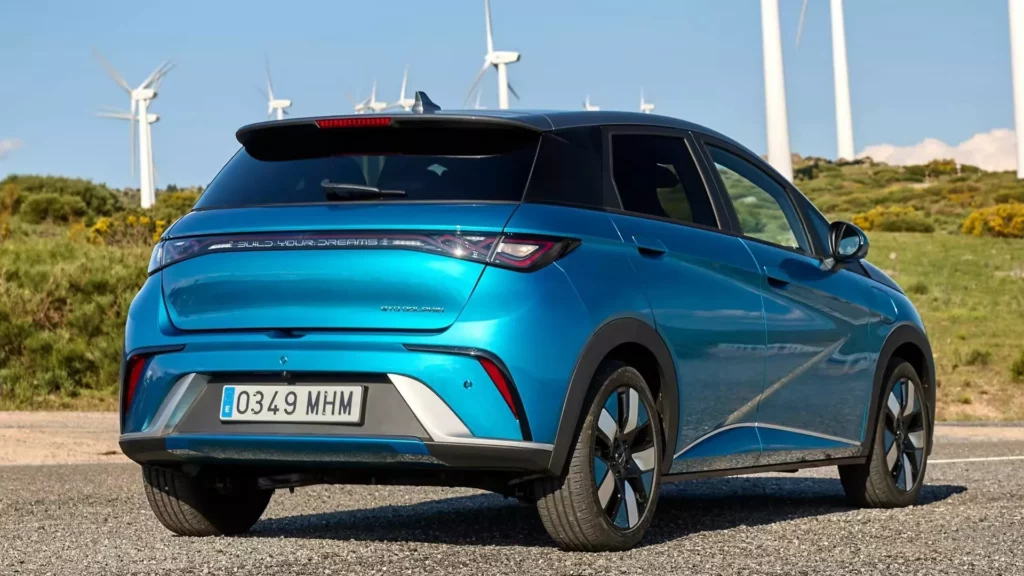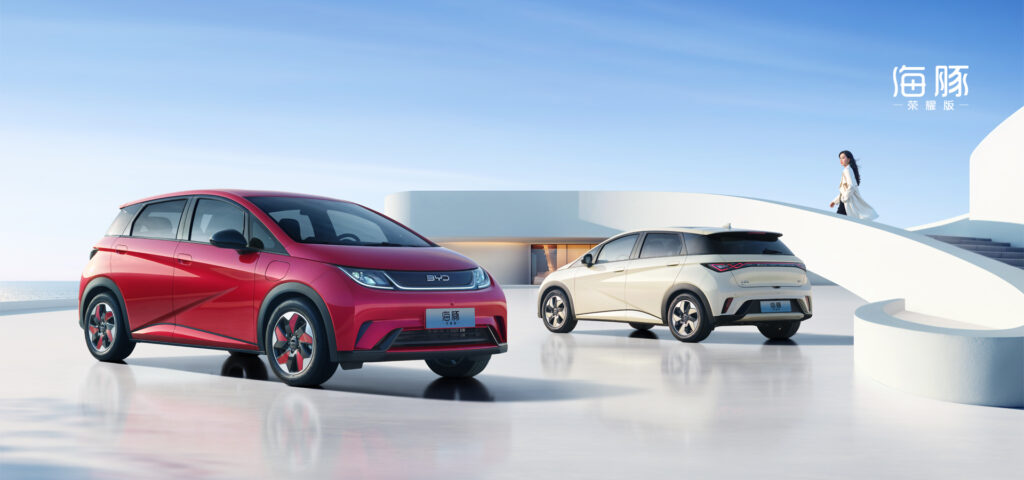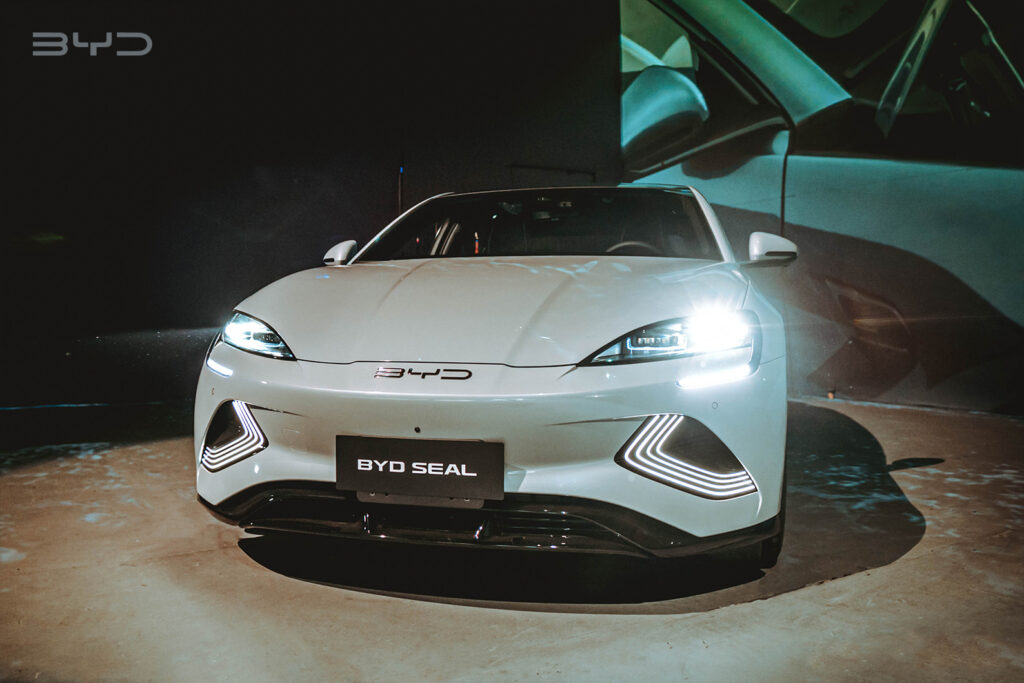The Chinese automaker’s executive vice president says the brand’s Mexican factory will only build models for the local market
6 hours ago
 –>
–> 
–>
BYD has no plans of selling its vehicles in the United States, even though doing so would open it up to the world’s second-largest car market and bolster its soaring sales figures.
In the last quarter of 2023, BYD sold more battery-electric vehicles than any other brand but 80% of its sales came from China. Analysts expect China’s BEV market to slow this year, prompting BYD to start looking to expand into other markets. Speaking with Yahoo Finance earlier this week, the brand’s executive vice president and chief executive of BYD Americas Stella Li cited political pushback against Chinese companies as a reason not to expand into the U.S.
“We’re not planning to come to the U.S,” she said. “It’s an interesting market, but it is very complicated.”
advertisement scroll to continue
Read: $233k Yangwang U9 Supercar Costs $100k More Than Expected

While BYD isn’t coming to the U.S., it is bound for North America. The automaker is constructing a large factory in Mexico and while some thought BYD may use this site to build vehicles and import them into the U.S., avoiding high tariffs in the process, that’s not what it’ll do. Instead, Li said the factory will focus exclusively on the Mexican market.
Many Western carmakers are concerned about how they will compete with BYD and other Chinese companies building EVs. RBC Capital Markets lead equity analyst Tom Narayan believes BYD’s cost advantage totals roughly 40% when compared to Stellantis, thanks in part to the vertical integration of its business and the fact that 75% of parts and components it uses are manufactured in-house.
“The Chinese are the major threat right now because they are the only guys that can sell [battery-electric vehicles] at the price of ICE [vehicles],” Stellantis boss Carlos Tavares said.
The Alliance of American Manufacturing released a report last week, dedicated to “China’s existential threat to America’s auto industry” and many in the industry, including Elon Musk, say trade barriers must be implemented to protect legacy carmakers. Li believes the concern is overblown.
“I think they are a little bit [overreacting],” she said. “A little bit too scared about Chinese competition. I never believe that trade protection will help any company.”

 –>
–> 
